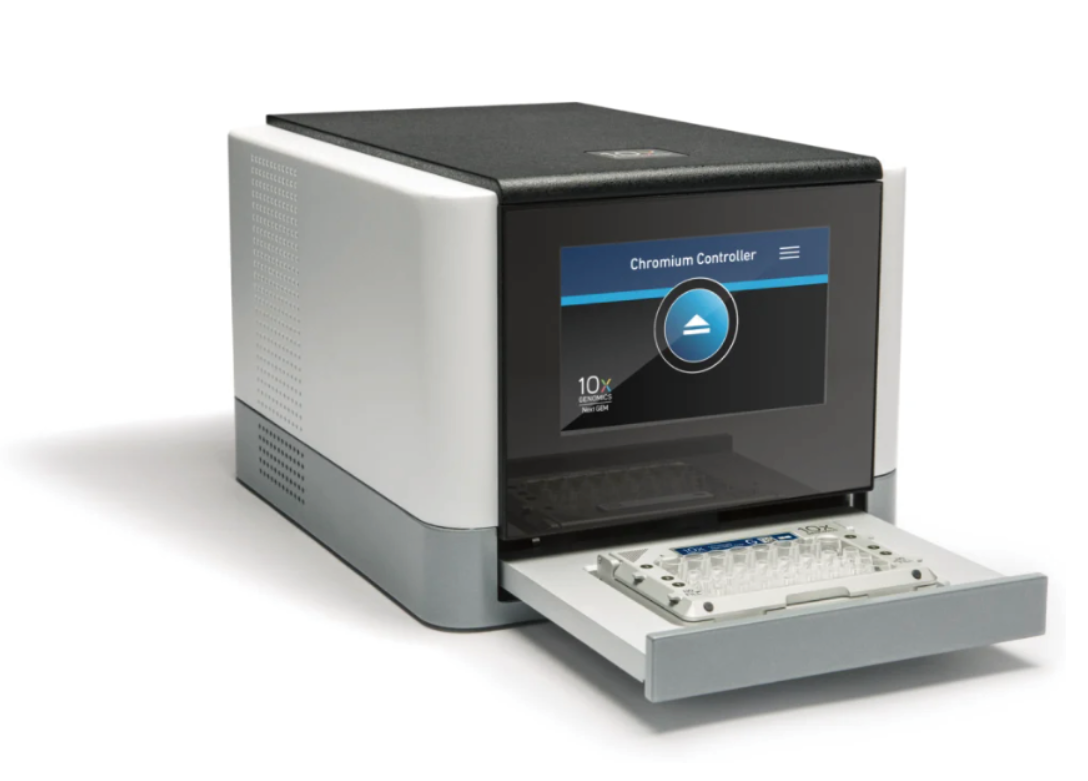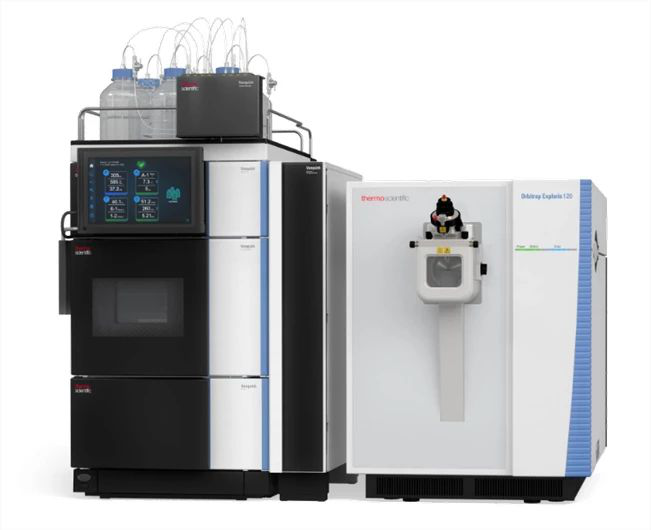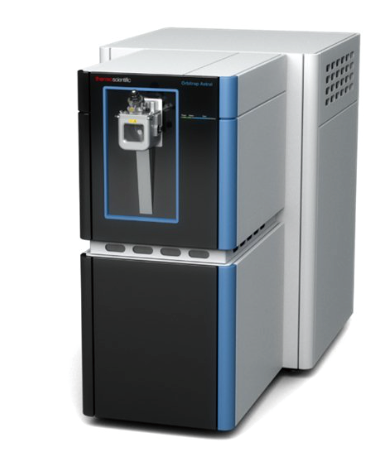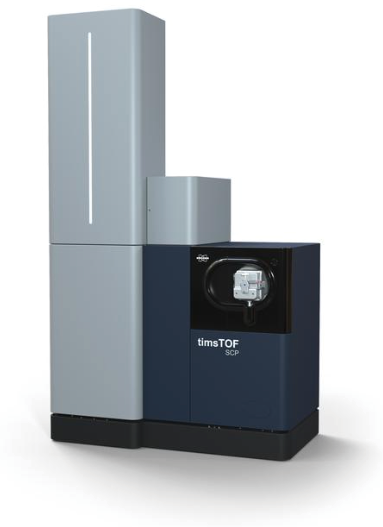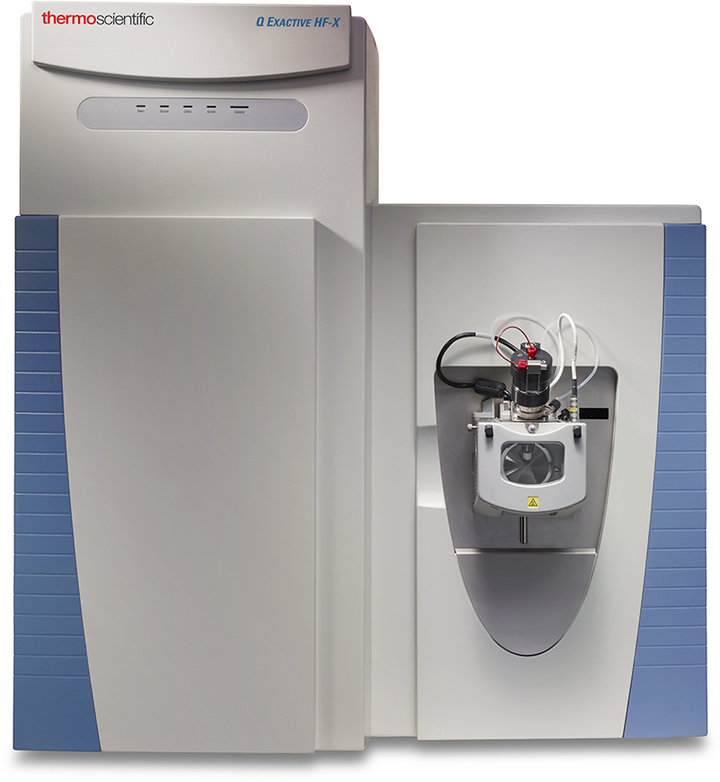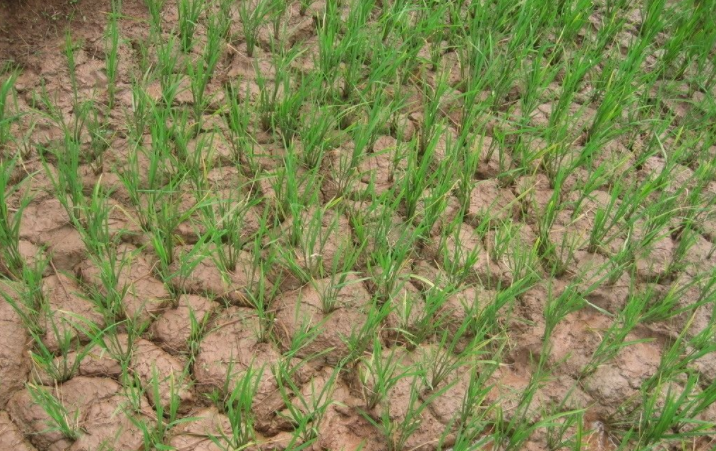
Abstract
Biochar amendment of upland soil has been generally accepted to mitigate nitrous oxide(N2O) emissions. However, this is not always the case in rice paddy soil, and the underlying mechanisms are not well understood. To evaluate how biochar amendment affects N2O production and emissions in paddy soil, an incubation experiment was designed including six treatments: wheat straw-derived biochar (slow pyrolyzed at 400 °C) amendment at rates of 0% (Control), 1% and 4% soil mass (w/w), inorganic nitrogen (N) fertilizer amendment (with urea), and N fertilizer plus 1% biochar and 4% biochar. The application of 4% biochar significantly increased N2O emissions from N-unfertilized and fertilized soils during the 45-day incubation, by 291% and 256%, respectively, while 1% biochar amendment significantly increased soil N2O emissions when accompanied by N fertilizer addition. On day 14, when the N2O emission peaks occurred, N2O flux was significantly correlated with soil pH in all treatments. Biochar addition also enhanced the abundance of ammonia-oxidizing bacteria(AOB) amoA genes, which was significantly related to soil pH. Among all detected N2O-forming and reducing microbial genes, the abundance of AOB amoA genes was most closely related to N2O flux. On biochar addition, the AOB community structure shifted from Nitrosospira-dominated toward Nitrosomonas, and the diversity of AOB was significantly increased. Compared with the control, biochar amendment decreased, albeit not significantly, the abundance of the nitrous oxide reductase encoding gene nosZ, but did not alter the abundance of nitrite reductase encoding genes nirK and nirS. Our study suggests that wheat straw-derived biochar amendment of paddy soils increased soil pH, which in turn increased the abundance and diversity of AOB and N2O emissions.
link text:http://www.sciencedirect.com/science/article/pii/S003807171730514X?via%3Dihub











